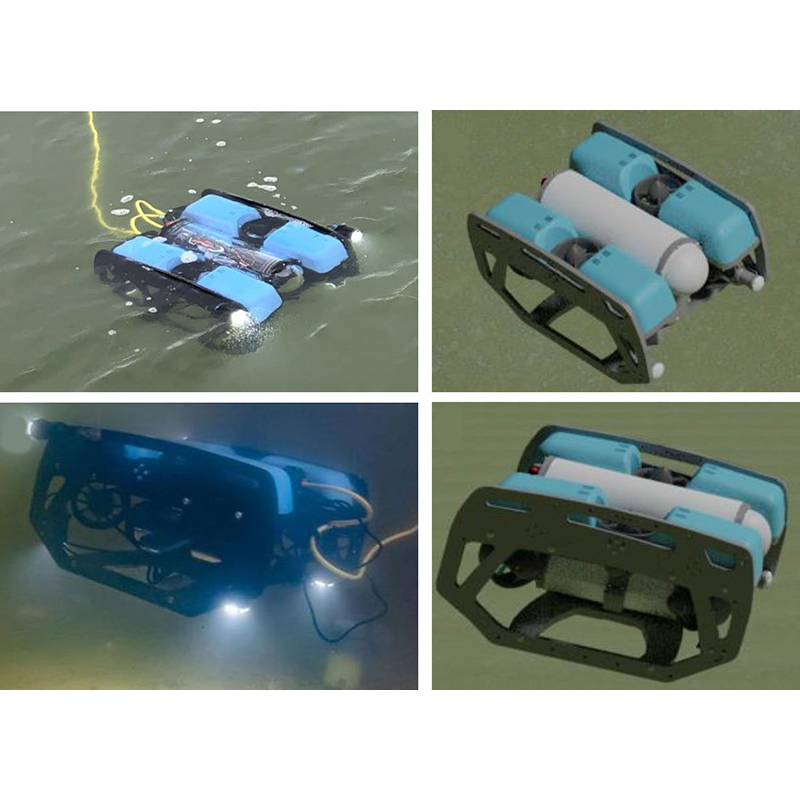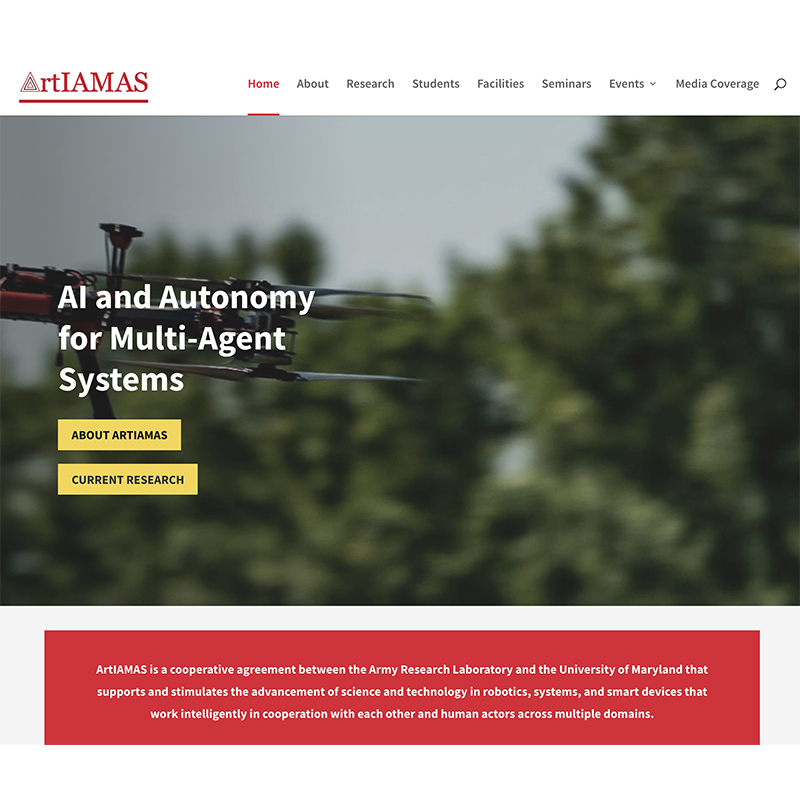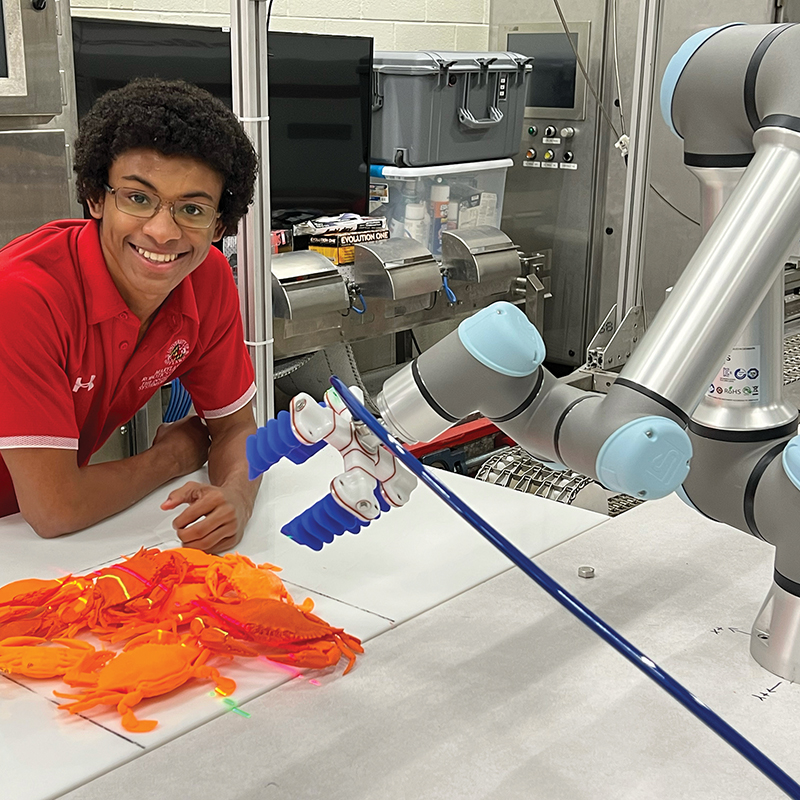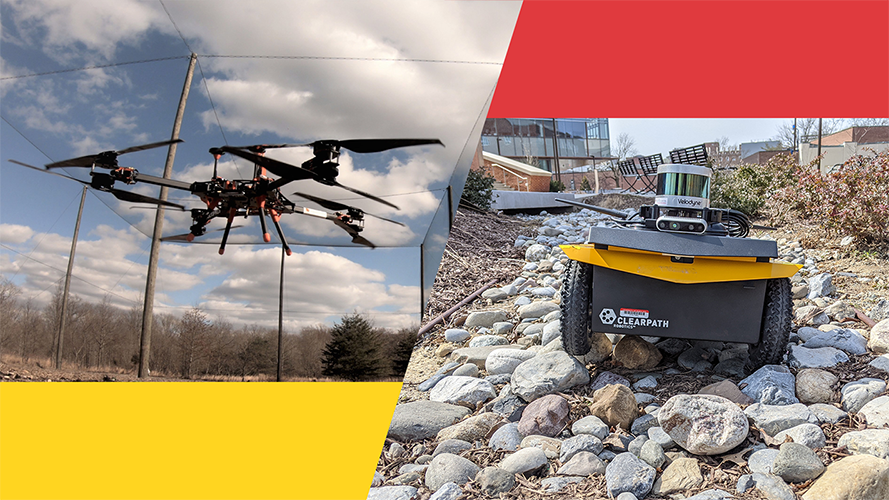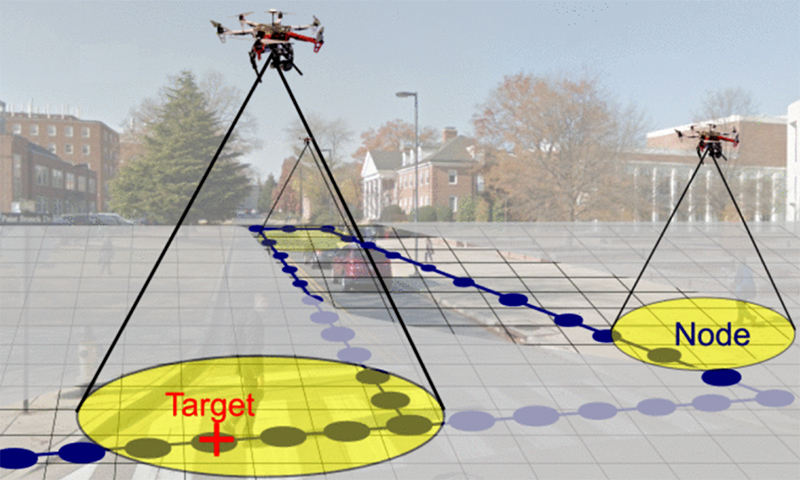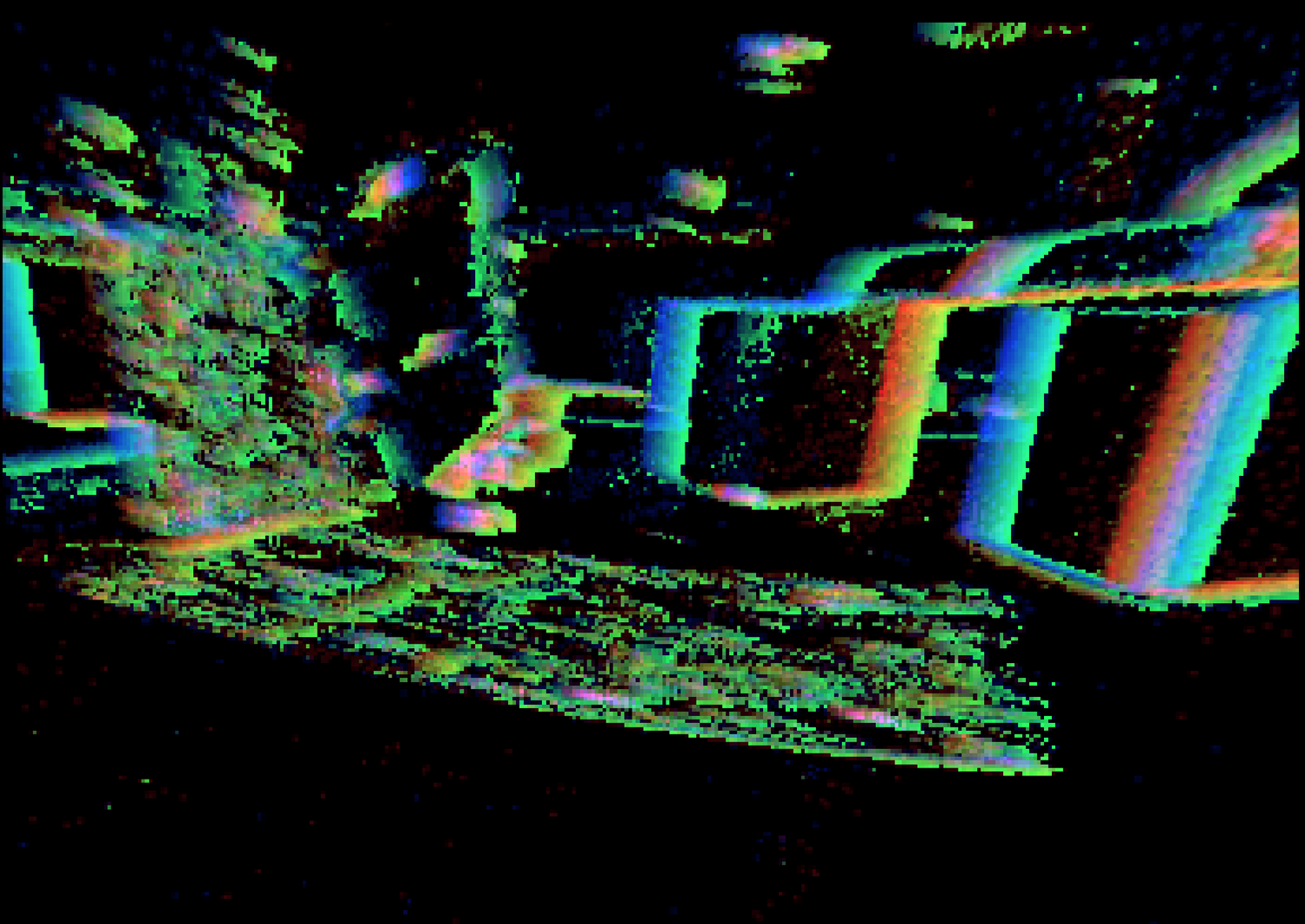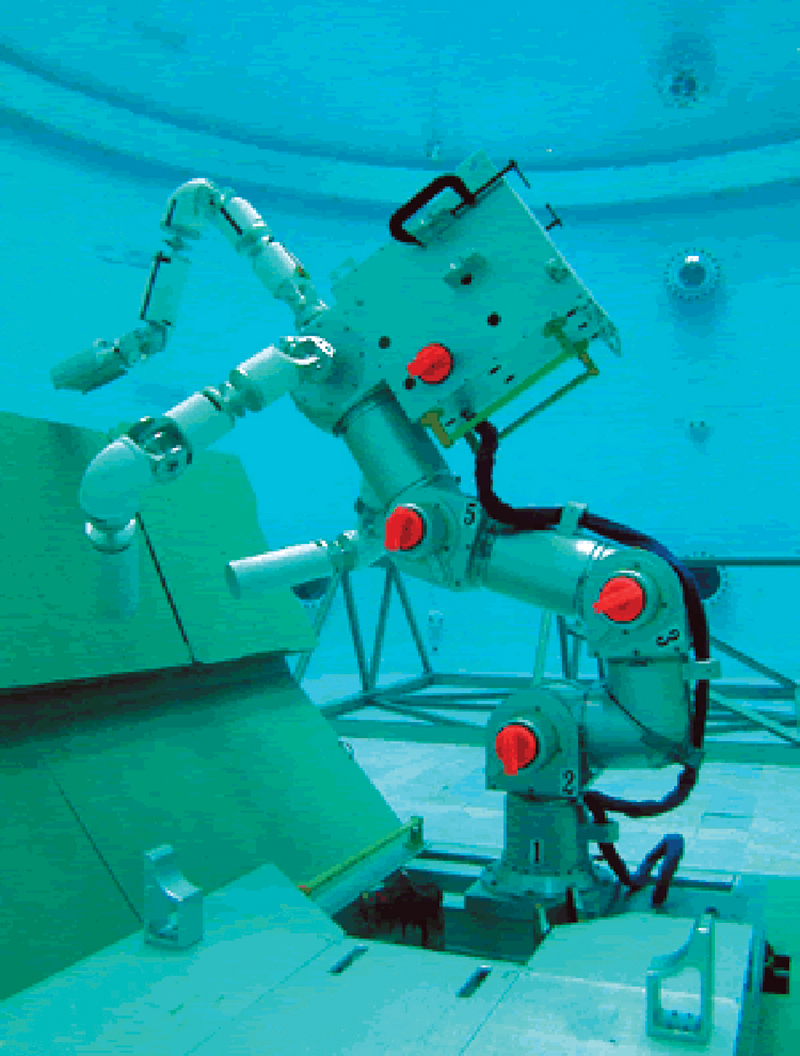News Story
CSRankings places Maryland robotics at #10 in the U.S.
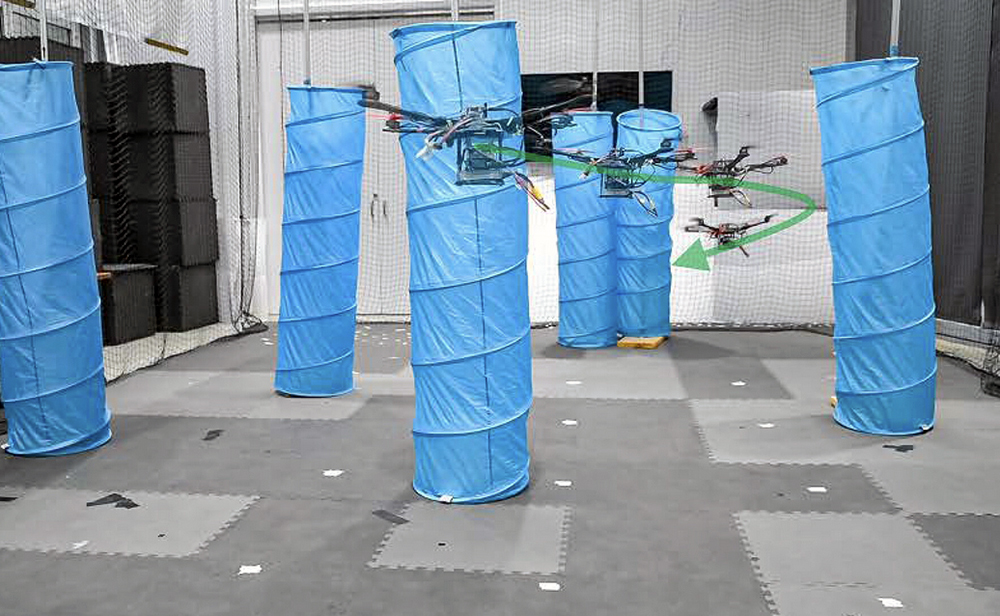
In this computer vision project, a quadrotor navigates through an indoor forest, an example of an "unstructured environment." UMD's proposed Ajna network performs well on common robotics and computer vision tasks and shows comparable results to methods directly using depth. This work by Yiannis Aloimonos, Cornelia Fermüller, Nitin Sanket and Chahat Deep Singh demonstrates a generalized deep uncertainty method and demonstrates its utilization in robotics applications. It recently appeared in Science Robotics, vol. 8, no. 81.
University of Maryland roboticists are now ranked #10 in the U.S. by the website csrankings.org. Previously UMD was ranked #11; this new 2023 ranking means the university has cracked the “top 10.”
CSRankings is a metrics-based ranking of top computer science institutions around the world and is popular in the broad CS and AI community. The model identifies institutions and faculty actively engaged in research across various areas of computer science, based on the number of publications by faculty that have appeared at the most selective computer science conferences. Csrankings.org has a FAQ page that explains the site’s methodology, including which research areas it covers and on which conferences it bases its rankings.
“The top-10 classification puts us in a different cluster,” says Distinguished University Professor Dinesh Manocha (CS/UMIACS/ECE). “It has a direct impact on our student enrollment, faculty candidates, and donors.”
The ranking recognizes the research of faculty working in robotics, AI, ML, human-computer interaction, visualization, and computer vision over the past decade. More detailed information can be found on the csrankings.org website; click on the University of Maryland listing to drill into the details.
For more than a decade, the Maryland Robotics Center has gathered robotics-related faculty from across the University of Maryland to work together on groundbreaking research and provide hands-on educational offer opportunities to both undergraduate and graduate students. And since 2021, increased research activity associated with the Army Research Laboratory’s ArtIAMAS cooperative agreement has contributed to the university's status. ArtIAMAS supports and stimulates the advancement of science and technology in robotics, systems, and smart devices that work intelligently in cooperation with each other and human actors across multiple domains.
Published October 16, 2023
